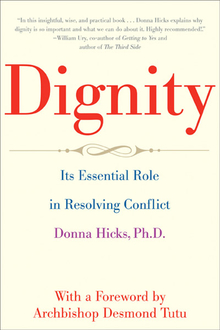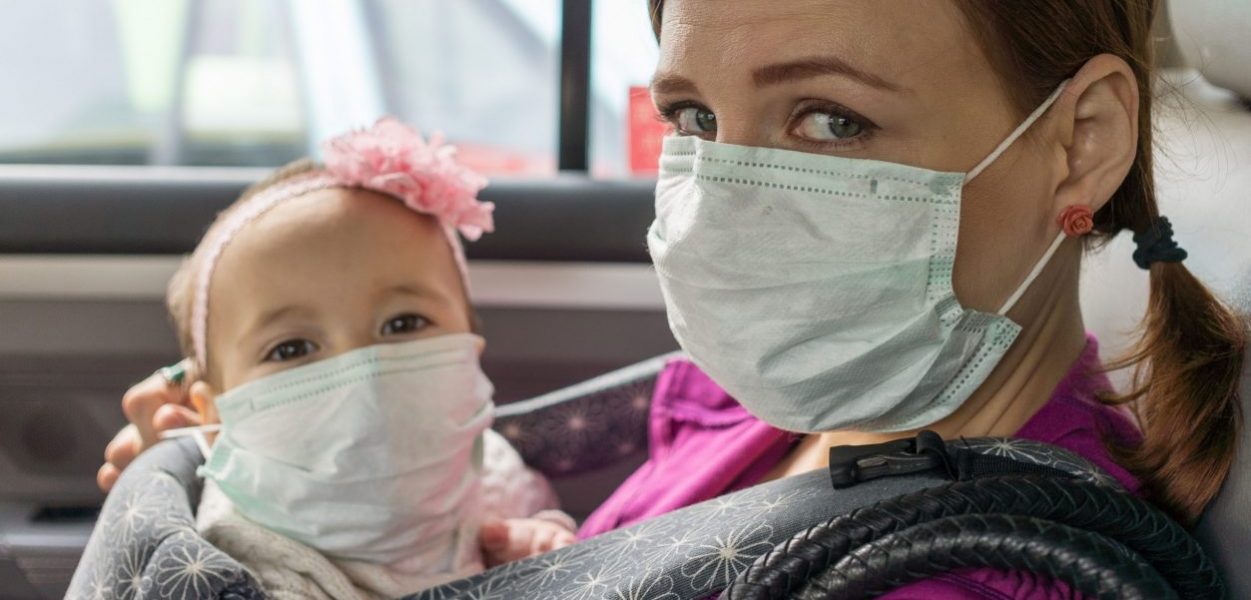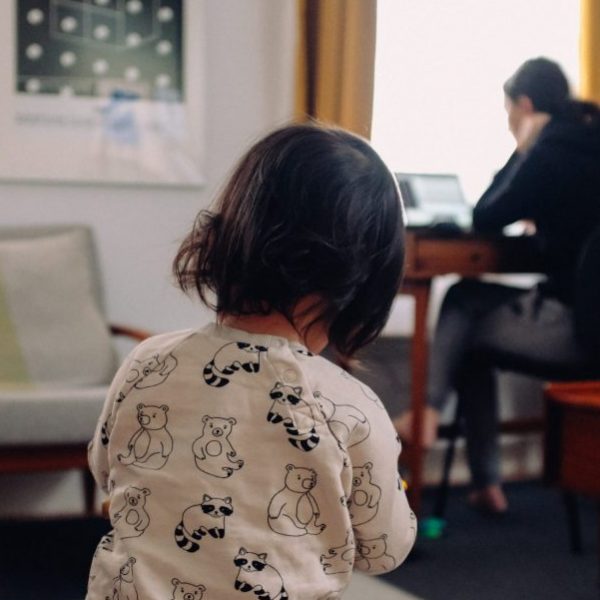Dignity in the Time of COVID-19
Donna Hicks—
If there is anything that is clear about the coronavirus, it is that it doesn’t differentiate; not between Republicans and Democrats, North Americans and Europeans, Asians and Africans—all of us who consider ourselves human beings are vulnerable to its potentially lethal threat. I have observed a few interesting human dynamics that have occurred as a consequence of this universal threat. How does dignity play into those dynamics?
Two years ago, a Fulbright scholar from Morocco, Dr. Zaynab El Bernoussi, came to Harvard to work with me. She was interested in examining the role dignity played in fomenting the Arab Spring in North Africa in 2011. We had many discussions about dignity, but there was one in particular that changed the way I thought about the concept. She told me that the word dignity, in Arabic, meant generosity. Yes, generosity. My own definition of dignity is simple—it is our inherent value and worth as well as our inherent vulnerability. Just as we are physically vulnerable to being injured, our dignity is also vulnerable. I never gave generosity a thought when defining it! The insight I gained from the discussion about dignity and generosity set off a host of new ideas. Can we think of honoring the dignity of others an act of generosity? That we are bestowing on them their inherent right to being treated as if they mattered? Does it take an awareness of this selfless giving (generosity) in order to genuinely recognize everyone’s inborn value? What does it mean for relationships? How do we mobilize generosity so that we can transcend our differences and reach for higher ground, especially in these times of crisis? Has the universal threat of the virus amplified the need for acts of generosity toward our fellow human beings?
We have already seen many examples of generosity in the midst of this pandemic. Many sports figures are donating hundreds of thousands of dollars to people who are scrambling to survive the loss of income and job security. On the news today, two children decided to go to their elderly neighbor who was living alone and perform a cello concert on the neighbor’s front porch so she wouldn’t feel so isolated. There are countless stories of people looking out for our most vulnerable populations. Countless stories of people helping strangers through these hard times. Has this crisis brought out the best in some people? Has it made it easier to access our generosity, and to act on it?
The more I think about the role generosity could play in getting us all through this altered reality, I can imagine many ways it could manifest in our lives and relationships. First, we are all at home, many of us with families and loved ones. Start by making a commitment to being generous with our actions to honor each other’s’ dignity. Be fair, seek deeper understanding if conflict arises, take responsibility for the harm you might have done, be generous with praise and acknowledgment. Try to do whatever possible to make each other feel safe, both physically and psychologically. Let loving actions be the counterforce to the fear and uncertainty we are all experiencing.
Extending that same spirit of generosity to people in your neighborhood, community, state, country and beyond, can help us mitigate the toxic effects of uncertainty, helping us create a social vaccine that takes just a decision to implement.
Making such a commitment will give us both peace of mind now, when the threat is alive, and later, when we look back and ask ourselves, “What did I do to make a positive contribution when the world was in such a state of upheaval?
If we could all answer that question by saying,
“I tried my best to be more generous with treating everyone with dignity, and in so doing, helped create the kind of connections we are yearn for in times of crisis and uncertainty.”
One of my favorite quotes of all time is by Victor Hugo. He said,
“Nothing is more powerful than an idea whose time has come.”
Dignity’s time is now.
Donna Hicks, Ph.D. is an associate at the Weatherhead Center for International Affairs, Harvard University. As a conflict resolution specialist, she has facilitated diplomatic efforts in the Middle East and other high-conflict regions and conducted numerous training seminars worldwide.
Further Reading:




























